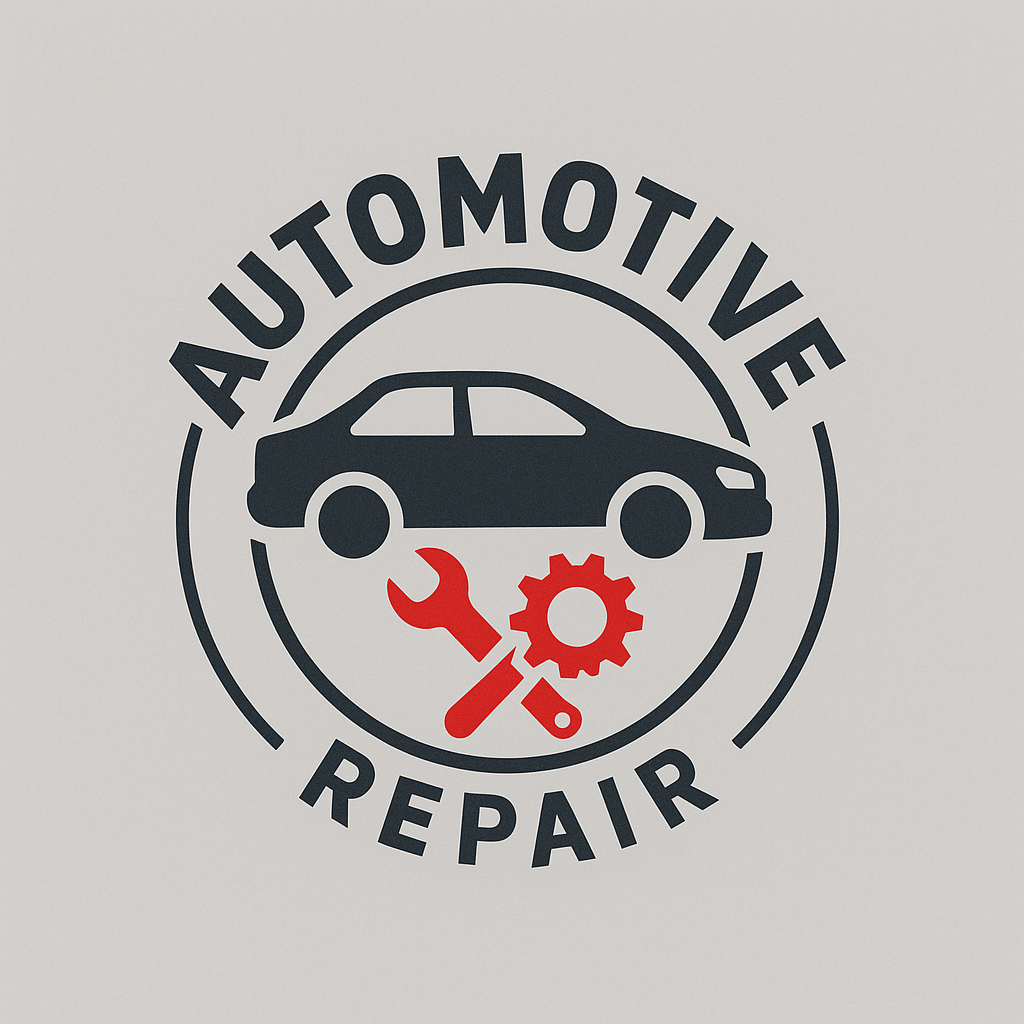Industry Overview
The automotive repair industry is a cornerstone of modern transportation, providing essential services to keep cars, trucks, and fleets safe and operational. Shops range from small family-owned garages to nationwide service chains, each handling diagnostics, routine maintenance, and complex repairs. With over 280 million registered vehicles in the U.S. alone, demand for automotive service remains steady and resilient, regardless of economic fluctuations.
The industry covers a wide spectrum of services: mechanical repairs (engines, transmissions, brakes), preventative maintenance (oil changes, fluid flushes, tune-ups), electrical diagnostics, tire service, and bodywork. Increasingly, repair shops are also tasked with working on advanced driver-assist systems (ADAS), hybrid and electric vehicles, and complex onboard computer systems, requiring more specialized tools and training.
One of the defining characteristics of the automotive repair sector is its relationship-driven model. Consumers tend to seek out trusted shops, leaning on word-of-mouth, online reviews, and repeat service. Success in the industry depends on balancing technical skill with customer trust, as repairs often involve high-dollar decisions.
Industry Trends
The rise of EVs and hybrids is reshaping the automotive service landscape. Traditional repairs such as oil changes or exhaust work are declining in relevance for newer vehicles, while high-voltage systems, battery diagnostics, and electric drivetrains are becoming critical skills. Shops that invest in training and certification stand to capture a growing EV customer base.
Another trend is the adoption of technology-driven service models, from digital inspections and online appointment scheduling to AI-powered diagnostics. Transparency, speed, and accuracy are increasingly valued by consumers, particularly younger drivers who expect a seamless, tech-enabled service experience.
Finally, consolidation is occurring as larger service groups acquire smaller shops to achieve scale, better supplier pricing, and unified customer experiences. Still, independent operators remain competitive, especially in local markets where personal trust and reputation carry significant weight.


